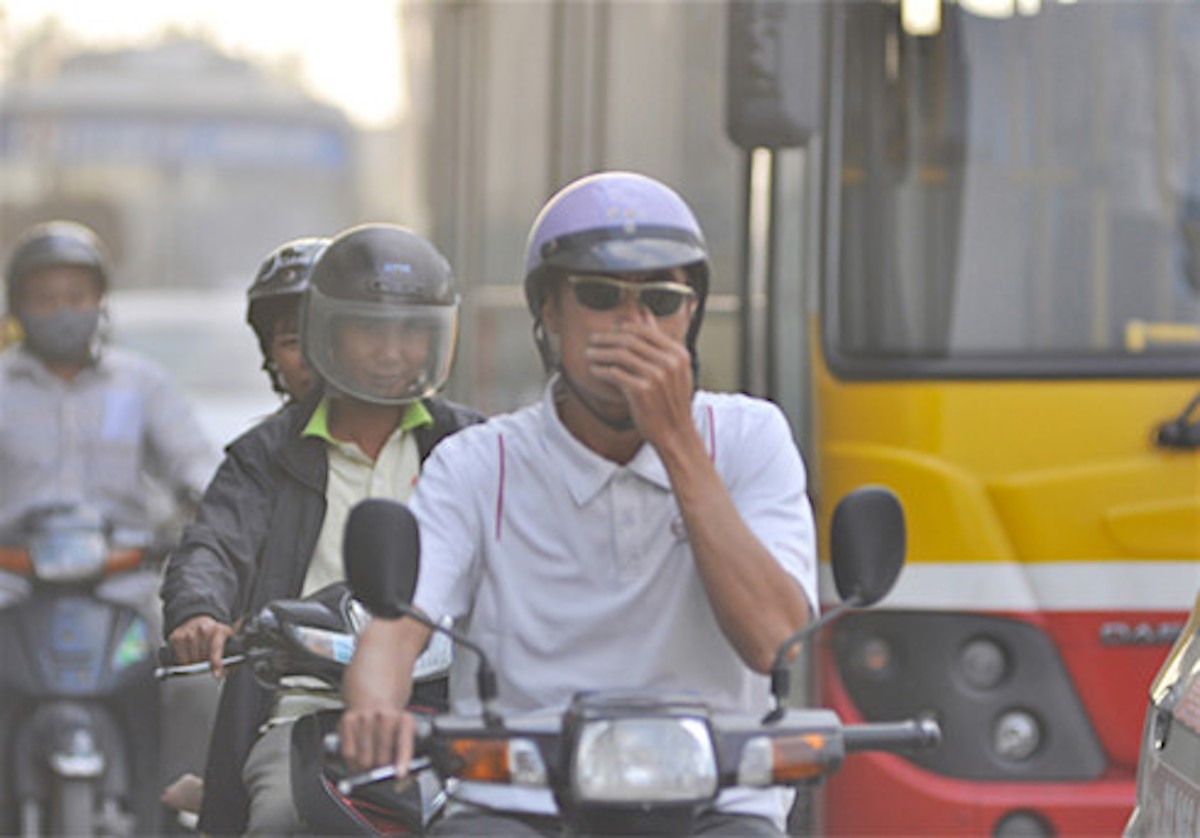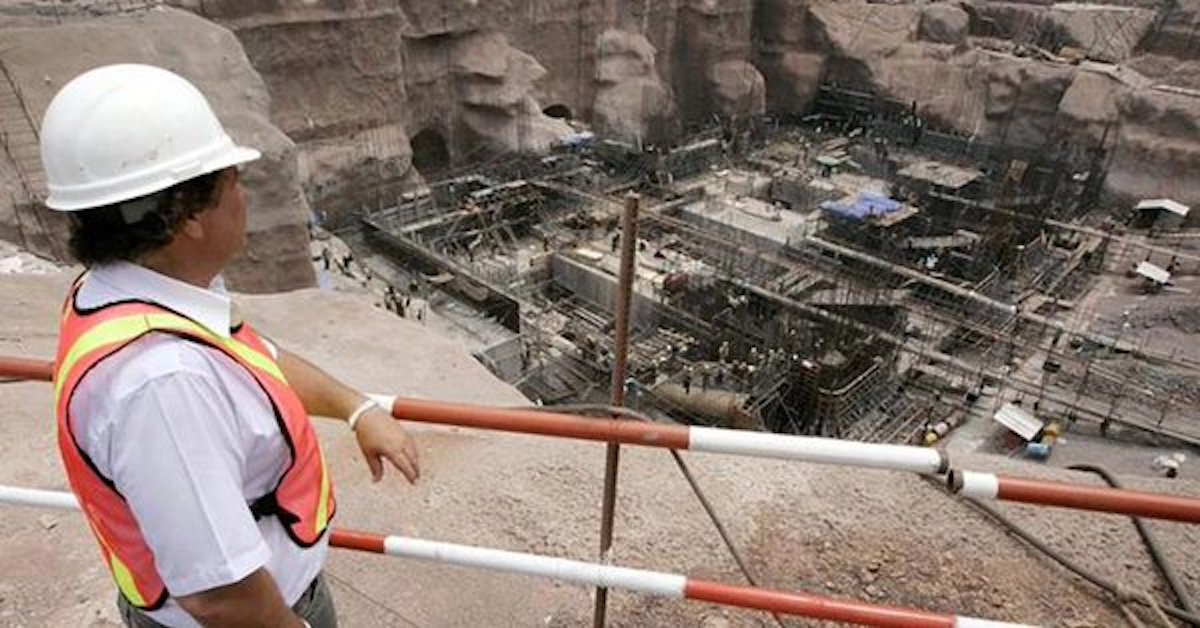People in Hanoi and throughout the Southeast Asian country of Vietnam are starting to wake up and realize the gravity of the country’s air pollution problem, Nguy Thi Khanh told an air quality panel this past May.
Ms Khanh, who is the founder of GreenID, a Vietnamese non-profit organization that works to promote sustainable environmental and economic development, noted that people in cities such as Hanoi regularly wear surgical masks.
Companies and households have also routinely begun requisitioning air purifiers and water filtration systems for their offices and homes.
Additionally, they are becoming increasingly concerned about the horrific air pollution caused by tens of thousands of motorbikes and vehicles on the roadways of the capital city and want something done to reduce harmful emissions.
A Yale University-based initiative released this past January that evaluated how well 180 countries protected their ecosystems and human health in 2016 found that Vietnam was one of the ten worst countries—and suffers from serious air and water pollution.
Polluting the Way to Prosperity
Vietnamese, Ms Khanh averred, are starting to more fully comprehend that they cannot pollute their way to prosperity.
A Harvard University-led research study also published this past January analysed the health impacts of existing and planned coal-fired power plants in 11 countries: Cambodia, Indonesia, Japan, Laos, Malaysia, Myanmar, the Philippines, the Republic of Korea, Taiwan, Thailand and Vietnam.
Calculations factored in the location and capacity of each project, local emissions standards and population trends in the project area. Results were analysed using atmospheric models and global databases tracking and projecting causes of premature deaths.
Indonesia was found to be the most affected country, with coal-related air pollution projected to cause 24,400 excess deaths per year by 2030. Vietnam would follow with 19,220 excess deaths per year, while Myanmar could see 4,030 deaths per year.
Although power plants within China were not included in the study, that country could face 8,870 premature deaths per year due to cross-border pollution from other Asian countries, the study concluded.
Possible Regulation
Associate Professor Ho Quoc Bang of the Vietnam National University has been instrumental is assisting governmental officials draft new laws to tighten control over environmental pollution.
He told the panel that he is compiling a database of industrial companies in six categories: steel, cement, electricity, petrochemicals, chemicals and major users of industrial boilers.
Mr Bang said he plans to work with the Ministry of Natural Resources and Environment to monitor the companies on the list as part of efforts to place caps on emissions and limit their environmental pollution.
In line with the efforts of Mr Bang and the Ministry, other governmental officials are taking preliminary steps that could lead to a national tax on greenhouse gas emissions of these companies.
Struggle for Solutions
Both in Hanoi and the southern metropolis of Ho Chi Minh City the debate over a motorbike ban continues to rage.
The most straightforward and practical solution is for the government to levy a stiff national gas tax.
Definitely, the behaviour of people will change with such a tax Fulbright University Vietnam environmental economist Le Viet Phu told the air quality panel. If people are required pay more, they will drive less and that will reduce harmful carbon emissions.
Clean Air Threatens Economic Growth
The fundamental problem has been thus far too many have thrown caution to the wind and put the alter of economic development above all else, Mr Phu told the panel.
But the tables are starting to turn as more people recognize that pollution is now starting to kill growth and far too many people. Vietnam must follow the lead of others and find sustainable ways to grow economically.





